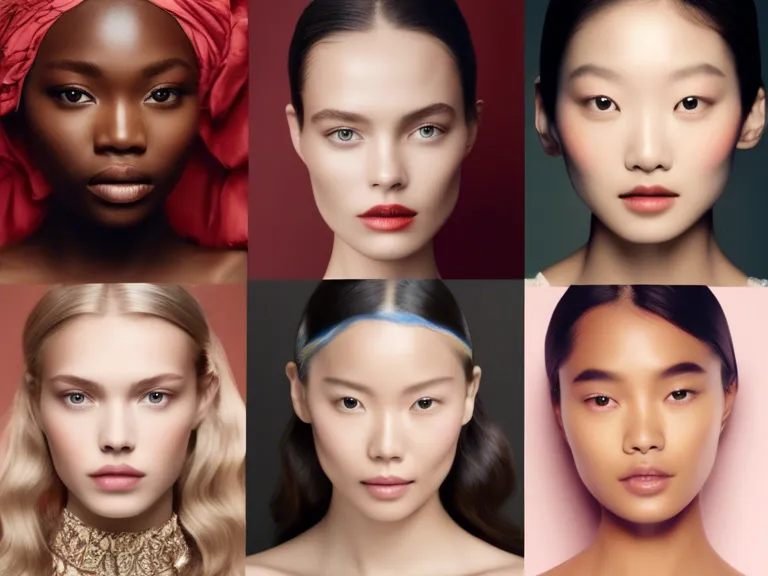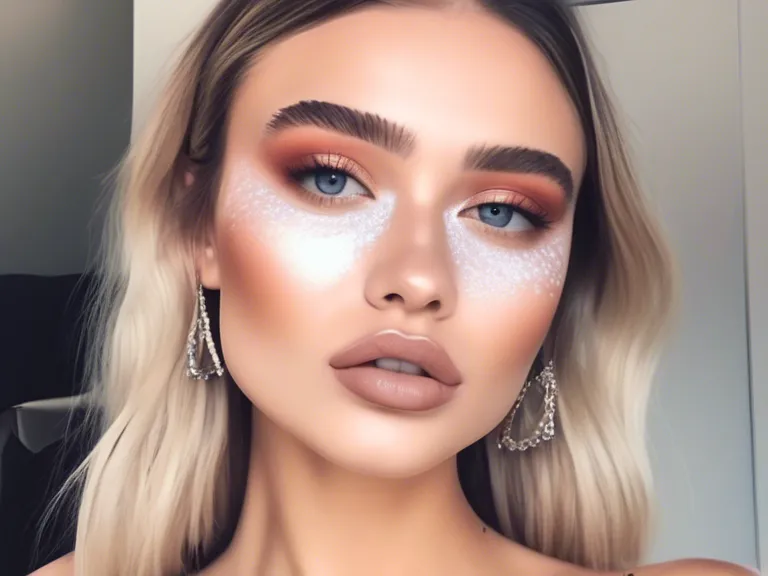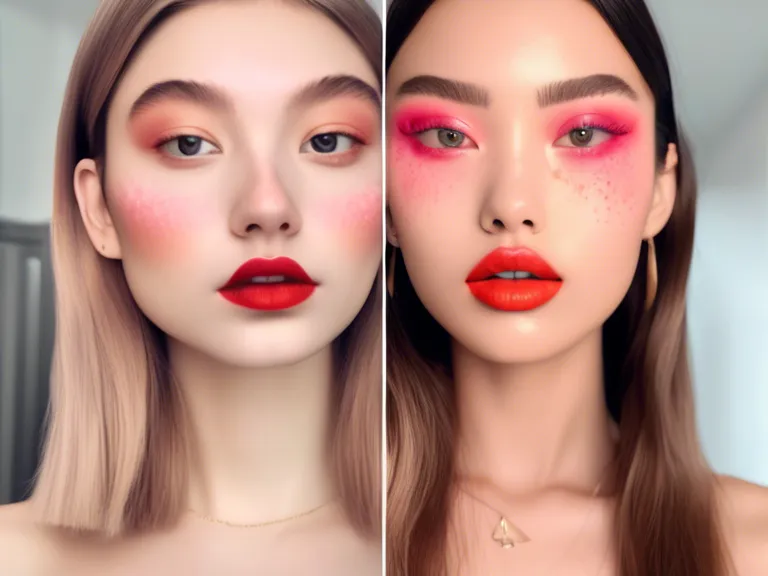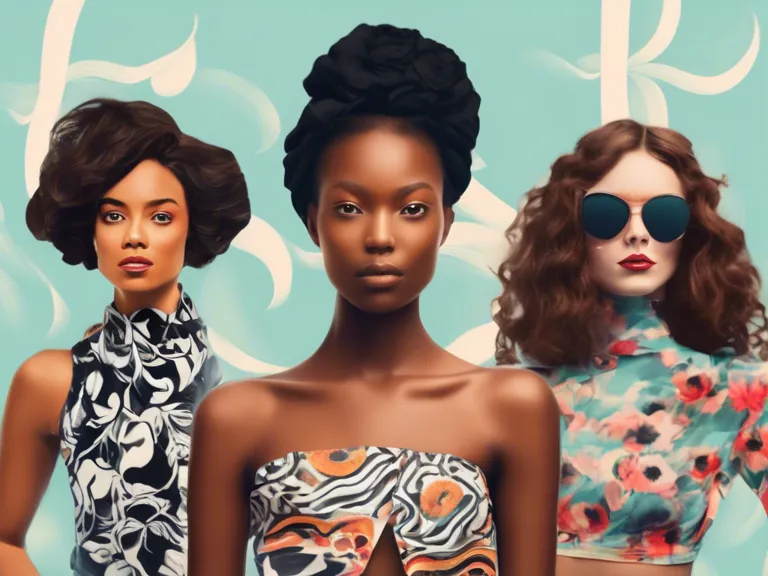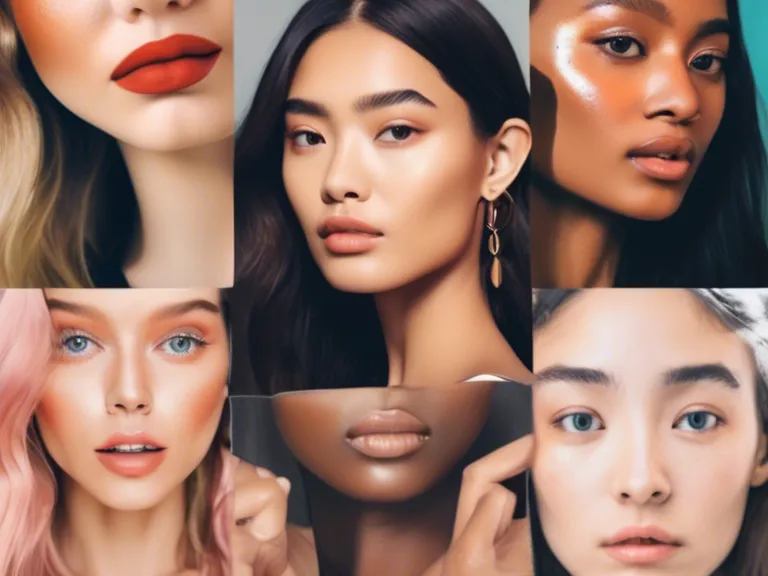
In today's digital age, social media has become a pervasive force that shapes our perceptions of beauty and cultural norms. With the rise of platforms like Instagram, Snapchat, and TikTok, users have gained access to filters that can enhance their appearance, creating a phenomenon known as the "beauty filter effect." This trend has not only transformed the way we present ourselves online but also influenced societal standards of beauty.
The beauty filter phenomenon has blurred the lines between reality and fantasy, leading many users to feel pressured to conform to unrealistic beauty standards. Filters that smooth skin, enlarge eyes, and slim down features have become commonplace, leading to a generation of individuals who are dissatisfied with their natural appearance. This has raised concerns about the impact of social media on self-esteem and mental health, especially among young people who are constantly bombarded with edited images.
Moreover, the beauty filter effect has also impacted cultural norms around beauty and identity. With influencers and celebrities promoting a flawless image online, many individuals feel the need to measure up and conform to these standards. This can create a homogenized view of beauty that excludes diverse representations of race, body types, and gender expressions. As a result, marginalized groups may feel further marginalized by the narrow ideals perpetuated by social media.
It is important for users to recognize the influence of beauty filters and take steps to cultivate a healthy self-image offline. By promoting authenticity and self-acceptance, we can push back against the unrealistic standards perpetuated by social media. Additionally, platforms can play a role in promoting body positivity and diversity by implementing more stringent policies around image editing and filtering.
In conclusion, the beauty filter phenomenon reflects a larger shift in cultural norms driven by social media. As users navigate this landscape, it is crucial to critically assess the impact of beauty filters on our sense of self-worth and societal beauty ideals. By fostering a more inclusive and authentic online community, we can challenge the unrealistic standards perpetuated by the beauty filter effect.
